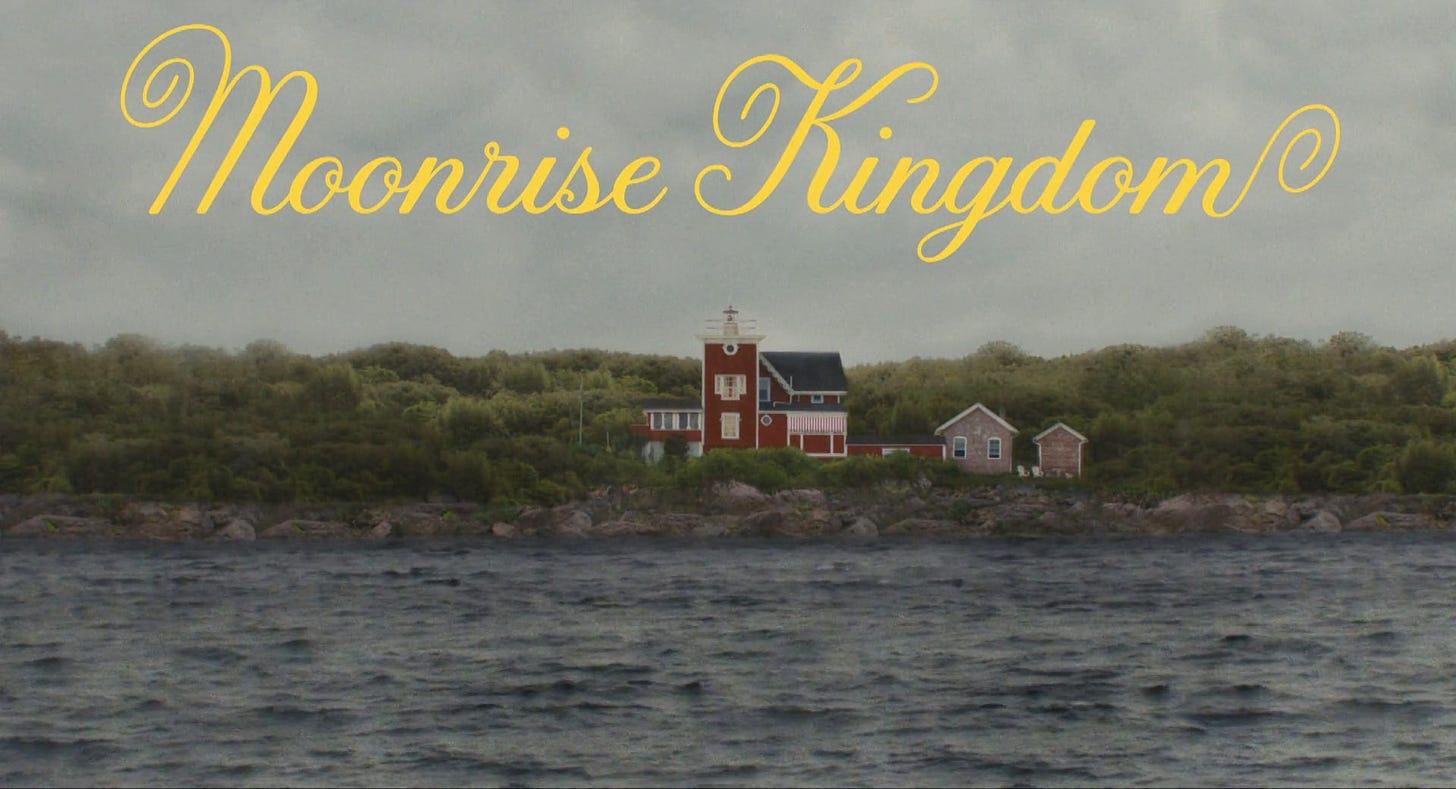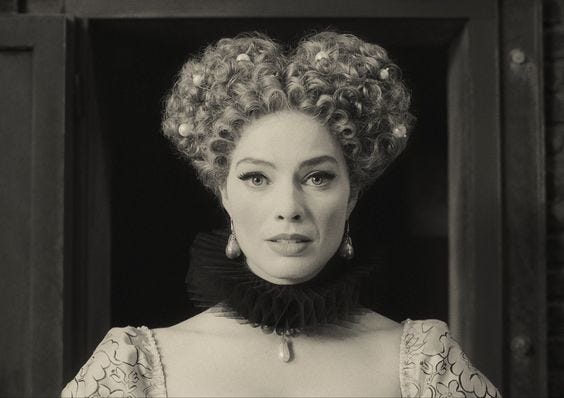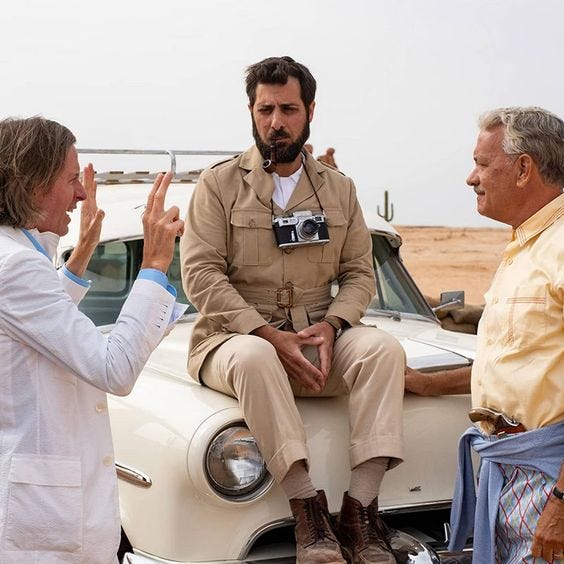Today, I have chosen to talk about Wes Anderson’s recent films, but not in detail, maybe because I secretly doubt my ability to accurately translate the complex amorphous nature of human thoughts to ever-failing words or because I’m too lazy. You choose. However, as you must know, because I made this very clear in a previous post highlighting the top 30 films I watched in 2023, I am one of Mr. Wes Anderson’s biggest fans.
His films hold a pristine nature in moments that mirror real life in ways you wouldn’t normally expect from something on screen. Yes, his visual style is impeccable, making him one of the most recognizable living auteurs of our time and possibly of all time, but beneath the symmetrical shots and perfectly timed push-ins, crash zooms, and pans, there’s an exploration of the complex nature of this conglomerate of emotions and experiences monikered as the human condition. Using elevated and sometimes outrightly goofy dialogue, Wes Anderson paints pictures of real people in settings that are different from, yet strikingly indicative of, reality. You’d see a character that you’ve unconsciously formed an intimate bond with make a decision that you’d make, and it plucks at your heartstrings like Ry Cooder on his old guitar. This endearing property of his movies, coupled with brilliant scores from composer and longtime collaborator Alexandre Desplat and beautiful writing and production collaborations with Roman Coppola and occasionally Noah Baumbach, has seen him create a film legacy that will surely stick out in the fabric of cinematic history.
In his recent films, “The French Dispatch (of the Liberty, Kansas Evening Sun),” “Asteroid City,” and “The Wonderful Story of Henry Sugar and Three More,” we saw Wes evolve his style to something bolder, more prosperous, and perhaps more challenging to understand. His latest films feature characters looking directly at the screen and addressing the audience or walls moving behind them as they speak, with some characters even directing the movement of these walls and props around them.
The French Dispatch saw an approach to anthological filmmaking in which the context behind the stories being told circled the last articles reviewed by a now-dead magazine’s owner and editor-in-chief. The writing of and within this movie is excellent. My favorite thing about it is that despite the uniqueness of each section of the magazine that the film is about, there’s a very attractive “will to discover” imbued within each contributing writer that made them stick around to see the most captivating things unfold. This general quality manifested itself in different ways that you could argue was particular to the writers in this film. It’s just so brilliantly done that in the “The Private Dining Room of the Police Commissioner” section, we saw a black writer reflect on the immigrant experience in one defining part of an essay feature on another immigrant working as a chef in law enforcement that was almost cut out of the essay because that black writer had insecurities formed by previously traumatic encounters, or in the “Revisions to a Manifesto” section, we saw a writer narrate her account of a student-led revolution that saw her come to terms with the fleeting and sometimes destructive nature of youth, which she yearned to experience in some way. I believe The French Dispatch is a brilliant movie and saw the beginning of a more experimental approach to storytelling by Wes.
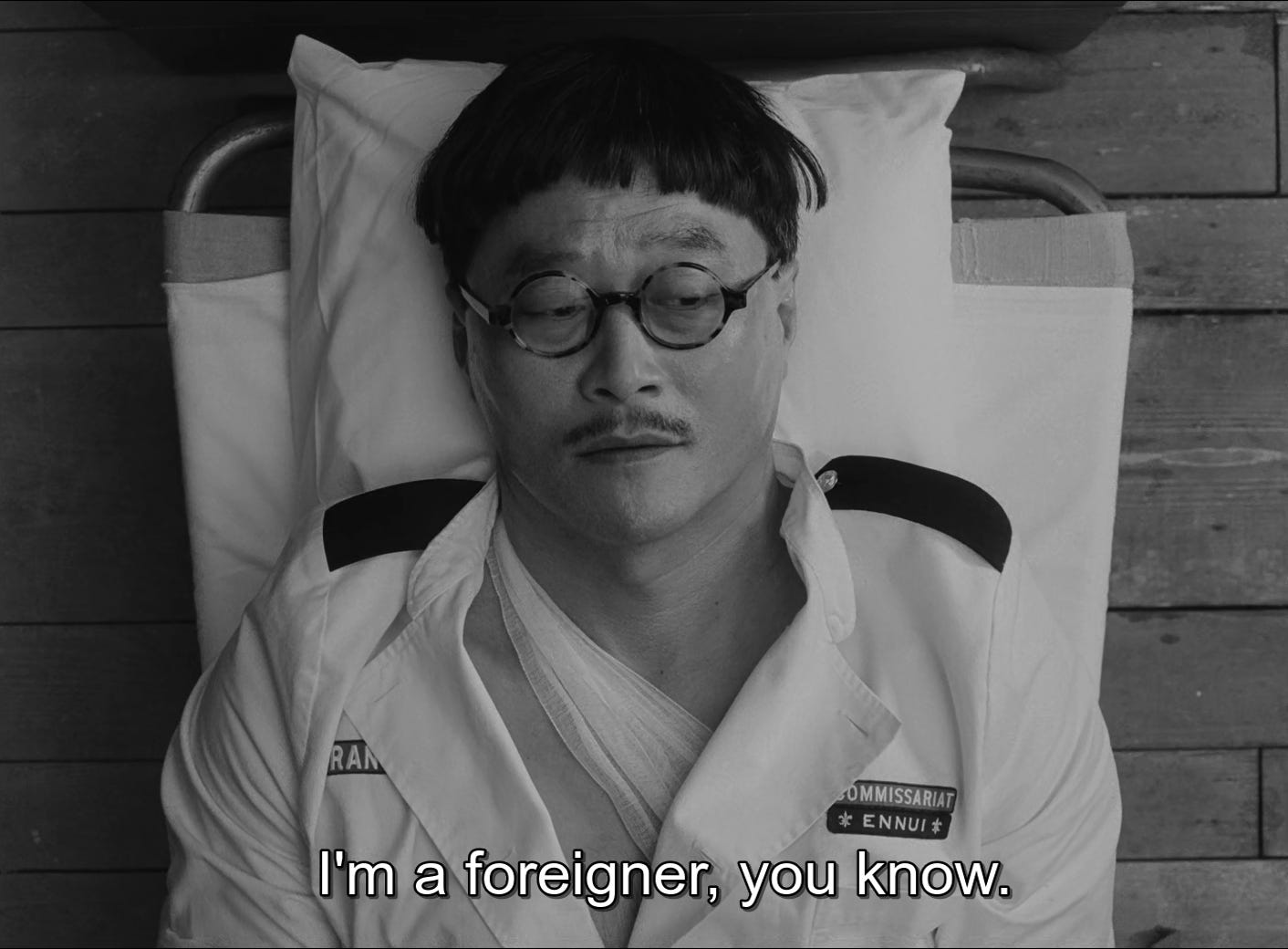
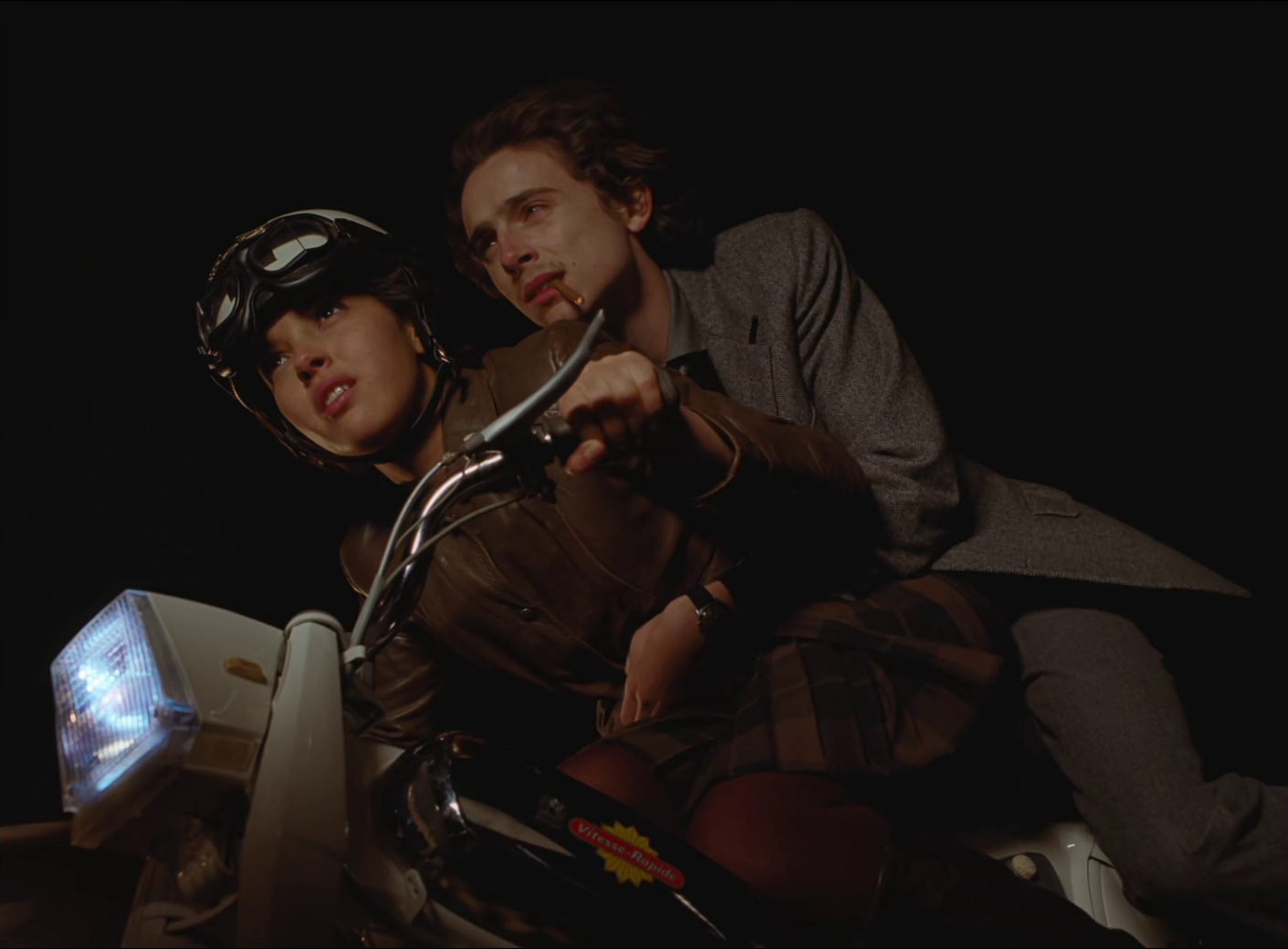
Asteroid City saw a play within a fictional television production (which could count as a play itself) that inquired about the nature of grief, ambition, the human condition, depression, family love, and community layered within the trusses of its impressive thematic style. A film that the average movie watcher would deem convoluted proved to be, at least in my opinion, Wes Anderson’s magnum opus. So much sense was made of it in a breathtaking scene that saw Margot Robbie appear on screen for less than five minutes but still deliver the most crucial dialogue in the movie.
The Wonderful Story of Henry Sugar and Three More saw an even more cheeky attempt at an ineluctable evolution, with the protagonists, or narrators as it applied, literally directing moving walls and other minor characters on screen as they delivered their monologues, akin to watching a play – “A high school theater production taken seriously” one of my friends called it – which in some inexorable way, worked. These short stories, written by Roald Dahl and brought to life on screen by Wes, saw him go one step further into this rabbit hole that I am excited to follow him into.
A few people call this era of his films “the most Wes Andeson that has ever Wes Anderson’d.” Hilariously true. I’m so excited for what lies ahead and, more importantly, how much impact his movies will have on upcoming filmmakers, especially from my generation. To me, the defining filmmaker of this generation is a man from Houston, Texas, who makes earnest movies that scratch an itch in your brain that you didn’t know you had.






